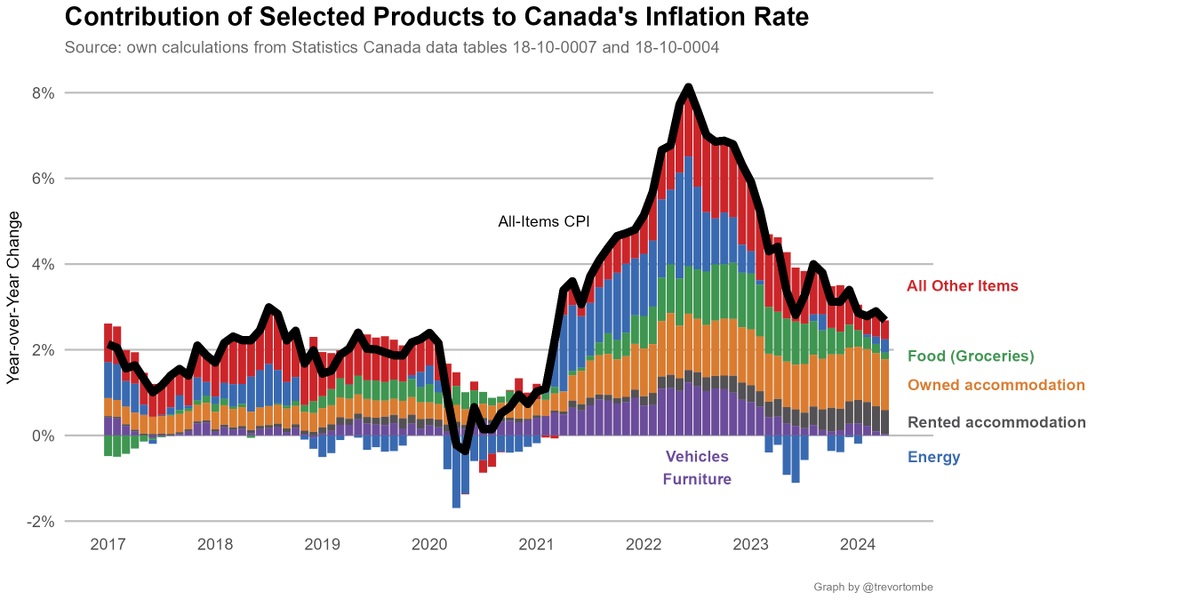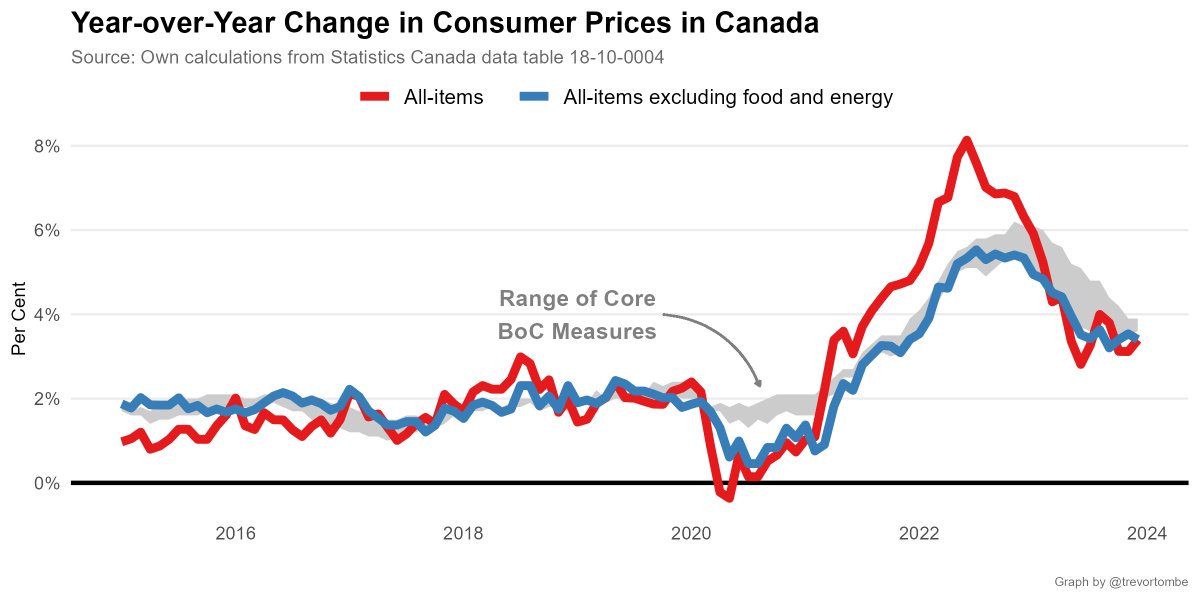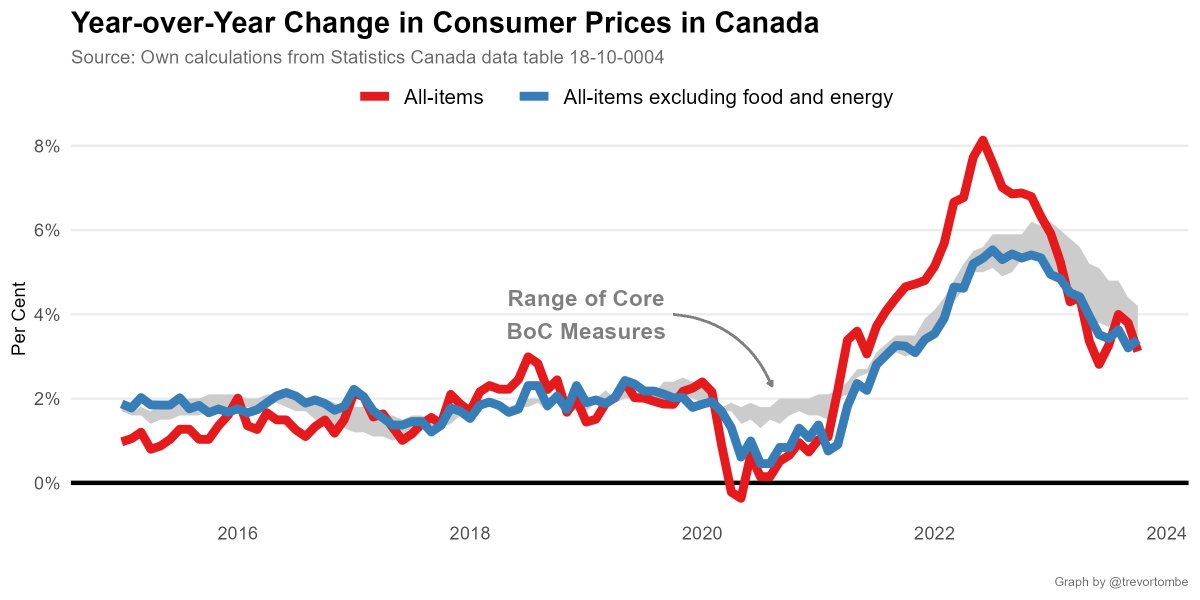And achieving the 60% threshold for 'stage 2' is almost surely going to be achieved today or tomorrow, and will start in mid-June. 

Stage 3 target of 70% of eligible Albertans will also be achieved very soon. Potentially a week and a bit from now. With the two-week delays in stage 2 and 3, we'll probably start this stage in "early July". Very similar to BC's plan. 

Can vaccinations ramp up enough to reach these milestones? Yes. My own projections have been clear on this. And here's the govt's: June 28. Bookings exceed what's required. 

"It's up to Albertans now... do your part by getting vaccinated as soon as possible" -
@jkenney
He's 100% right. Vaccines work and they're our path out of this.
@jkenney
He's 100% right. Vaccines work and they're our path out of this.
Important message here. Yes, that's the plan. And it's a good one. Follow the rules!!! Get vaccinated!!!
Back to roughly normal within just a month or so. 💉💉🥳
Back to roughly normal within just a month or so. 💉💉🥳

I'll just add the latest 70%+ projection for 1+ dose for those age 12+ here. June 6. Govt's projection in the presser was June 10 -- so, this gives a sense of a reasonable timeframe. The reopening plan timing credibly corresponds to achieving key vaccination thresholds. 

Many will critique the metrics using first doses. This is a common critique recently levied against the Feds. It's important to remember first dose effectiveness isn't zero. Here's a great summary: publichealthontario.ca/-/media/docume…
In response to questions, @jkenney notes that by end of June / early July they suspect there will be ~70% population-wide effective coverage. So, it's not **just** first doses -- but even first doses provide significant protection. We must not forget this!
For a sense of where we are by an 'effective coverage' metric, here's the latest for Alberta (note: this doesn't include any accounting for prior infections, which govt's analysis does.) So, by end of June / early July govt hopes to increase this by 2-3x. 

• • •
Missing some Tweet in this thread? You can try to
force a refresh




















